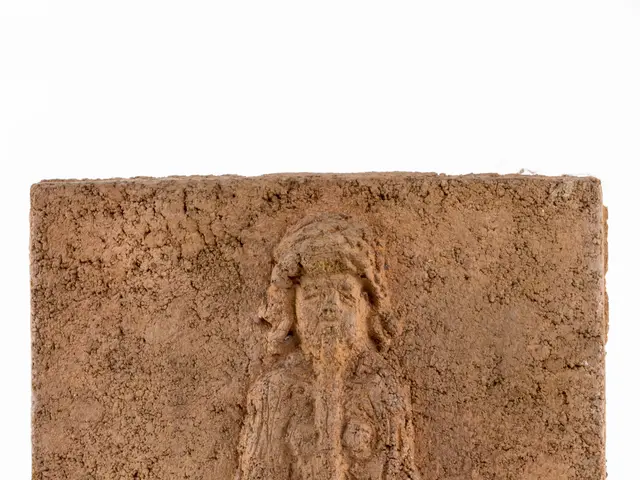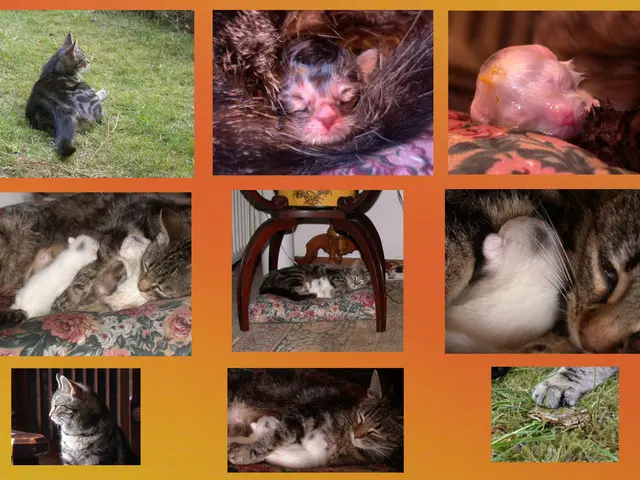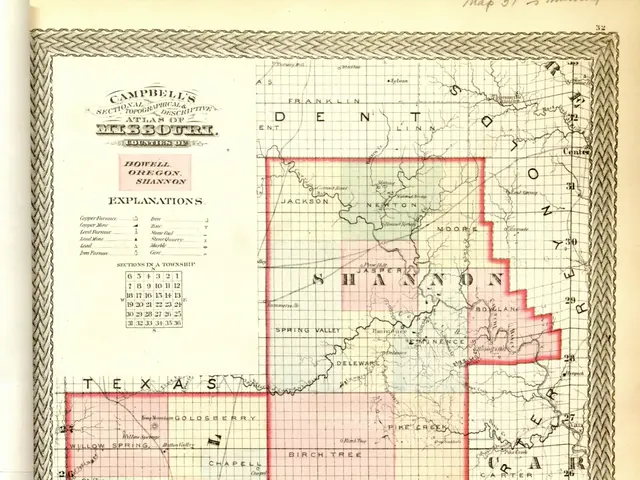United Kingdom Christians Voice Opposition to Assisted Dying Legislation
Opposition Mounts to Assisted Dying Bill in the UK
A contentious bill, the Terminally Ill Adults (End of Life) Bill, is currently being debated in the UK parliament. The bill, introduced by Labour MP Kim Leadbeater on 16 October, aims to allow terminally ill adults to request assistance to end their own life, subject to safeguards. However, it has sparked ethical concerns and opposition from various quarters, including British church and Christian leaders.
The ethical arguments against the bill are centred on the sanctity of life, moral wrongness of euthanasia, risk of coercion, and societal impact of legalizing assisted dying. The Roman Catholic Church and many Christian denominations view euthanasia as morally wrong and equivalent to murder, asserting it violates the inherent dignity of the human person. Archbishop Jerome Lloyd, a prominent Catholic leader, has urged MPs to oppose the bill, citing ethical concerns about compromising the sanctity of life.
Christian teaching generally distinguishes between passive euthanasia (withholding or withdrawing treatments) and active euthanasia or assisted dying, with the latter broadly condemned. The Church of England opposes active euthanasia and has strongly resisted attempts to legalize it.
Opponents also warn of the potential for coercion or abuse of vulnerable individuals, including the elderly or disabled. They fear that pressure to choose assisted dying rather than receive adequate care could arise, and that protections may be insufficient to prevent misuse.
Critics also highlight that legalizing assisted dying could change societal attitudes towards death and disability, risking normalization of ending lives prematurely rather than improving palliative care options. They argue that the bill might undermine trust in medical professionals and the healthcare system.
International examples are also used as warnings about potential negative consequences. Opponents point to countries like Canada, the Netherlands, Belgium, and U.S. states such as Oregon, where assisted dying laws have expanded beyond original terminal illness criteria, sometimes including non-terminal conditions or minors.
The UK Evangelical Alliance (EAUK), CARE, Christian Medical Fellowship, Christian Institute, Christian Concern, and national leaders from a wide range of denominations have signed and backed a letter urging MPs to vote against the bill at its second reading due to the critical concerns it poses to the most vulnerable in society. The EAUK has launched a letter speaking out against the assisted dying Bill, which is open for any leaders of churches or Christian organizations to sign by Monday, 25 November.
The bill requires two doctors to approve, but the possibility of shopping for an alternative doctor if one decides to say no undermines this requirement. Critics argue that the safeguards in the bill are insufficient and create a process that could support an industry of those helping people end their lives.
The bill will have its second reading on 29 November. If it gets a majority vote in favour, it will move onto committee stage for review. However, opponents stress that the scrutiny will take less time than for a government bill and may not consider evidence from experts or other external groups.
Moreover, the healthcare system in the UK already has inequalities that disproportionately affect the poor, elderly, ethnic minorities, and those with disabilities. Critics fear that the bill may exacerbate these disparities rather than addressing them, and denounce the lack of adequate investment in palliative care.
Danny Webster, head of the EAUK advocacy team, urges that the bill should be rejected, stating it does not provide dignity in life or death and that efforts should instead be focused on care and compassion. He emphasizes that respect for life as a fundamental ethical principle should guide decisions about end-of-life care.
Read also:
- Democrats are subtly dismantling the Affordable Care Act. Here's the breakdown
- The Illusionary Landscape of America, Composed by Tatiana Aholou
- Guidelines for Fortifying No-Code Apps in Regulated Sectors
- UK-based software, MEMORI, earns distinction as the nation's first certified software-as-a-medical device, offering real-time infection prediction capabilities.








